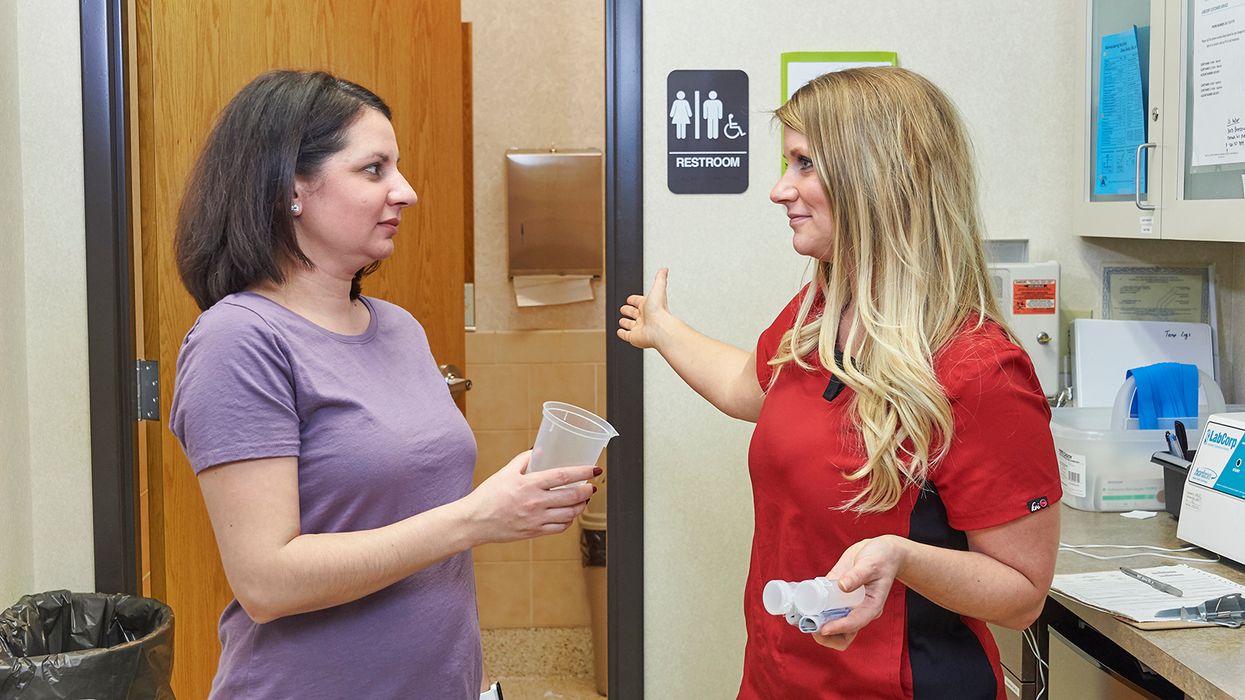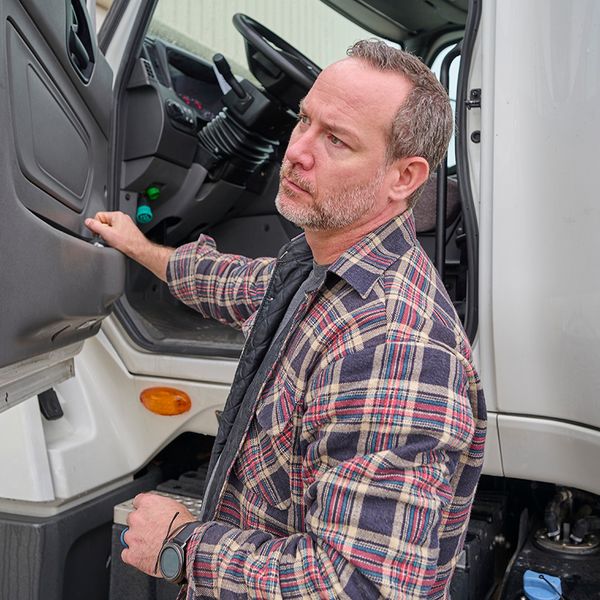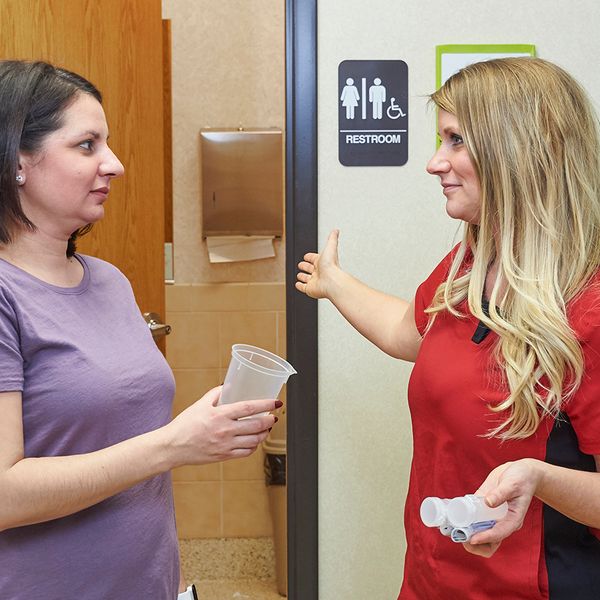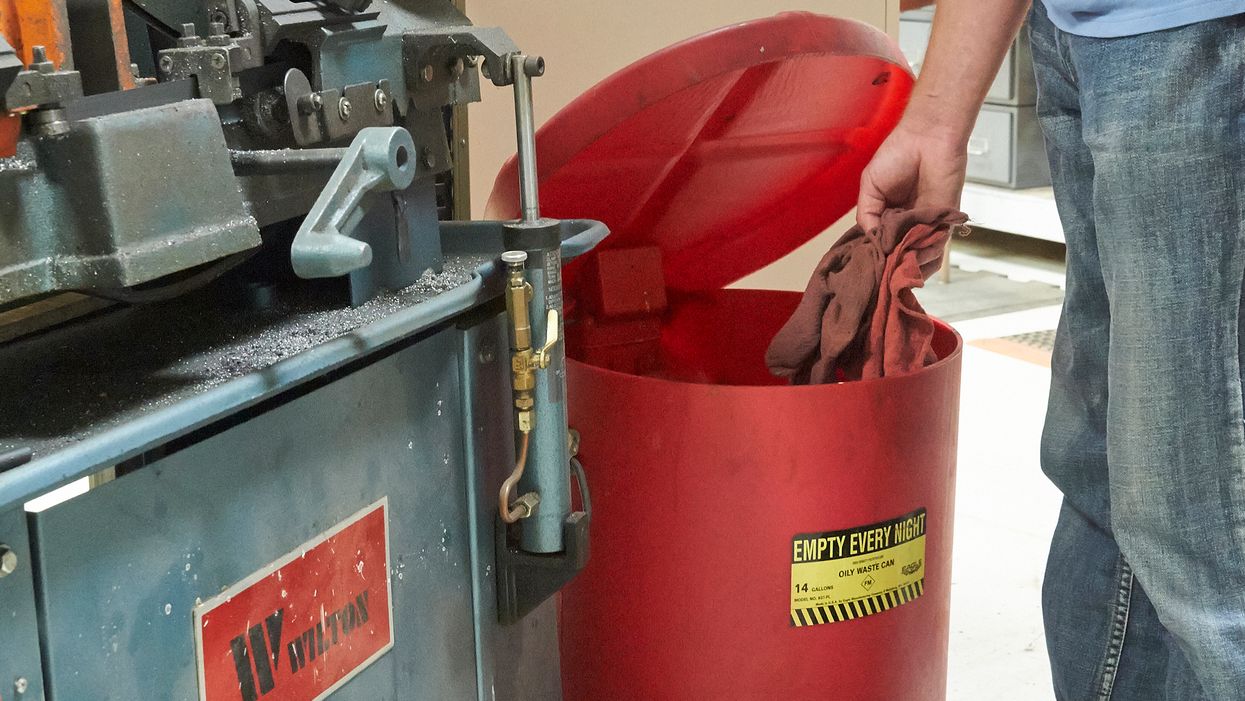Who decides when it's a ‘refusal to test’ under DOT?
DOT refusal-to-test scenarios can be confusing. When the collection site calls, you must be prepared to answer one basic question. Does your carrier or the medical review officer (MRO) make the determination? How you answer this question impacts your next actions.
Use the following list of situations (as specified in 49 CFR Part 40) to know whether your designated employer representative (DER) must make the judgment call or leave it to the MRO.
Drug testing scenarios
The following situations require the decision maker to:
- Evaluate the circumstances,
- Compare them against the regulations, and
- Then decide whether the event qualifies as refusal to test.
The DER makes the determination when:
- The driver fails to appear at the site or spends too much time getting there.
- The collector reports that the driver left before the testing process was complete.
- The collector reports that the driver left the collection site before providing a required specimen.
- The driver doesn’t permit an observed collection when ordered by the employer or allow a monitored or observed collection when instructed by the collector.
- The driver fails or declines to take an additional test when directed by the employer or collector (when required or permitted by the DOT).
- The driver fails to cooperate with any part of the collection process, including:
- Refusing to empty pockets when directed;
- Behaving in a confrontational manner that disrupts the collection process;
- Refusing to remove hat, coat, gloves, or coveralls when directed; and
- Failing to wash hands when directed.
- For an observed collection, the driver fails to follow the instructions to raise and lower clothing and turn around.
- The driver possesses or is wearing a device designed to carry clean urine or a urine substitute.
- During the collection process, the driver admits to the collector that they adulterated or substituted the specimen.
Examples when the MRO acts as the decision maker include:
- The driver fails to provide sufficient specimen, and the MRO finds no medical explanation.
- The driver fails to undergo a medical examination or evaluation as directed by the MRO or employer.
- The lab reports an adulterated or substituted urine specimen, and the MRO finds no medical reason during the verification process with the driver.
- During a medical review, the driver admits to the MRO that they tampered with the specimen.
Alcohol testing situations
Alcohol tests don’t involve a specimen and laboratory result, so an MRO is not involved in the process.
All but one refusal-to-test scenario places the burden on the DER to make the decision. The DER must evaluate the circumstances when:
- The driver fails to appear for an alcohol test when directed to report.
- The testing personnel reports that the driver left the facility before:
- The testing process was complete, or
- Providing the required amount of saliva or breath.
- The driver fails to undergo a medical examination or evaluation as part of the insufficient breath procedures.
- The driver fails to sign the certification statement on Step 2 of the Alcohol Testing Form.
- The driver behaves in a confrontational manner that disrupts the alcohol testing process.
If the driver fails to provide a sufficient breath specimen (shy lung), an evaluating physician makes the final decision whether there was a medical reason for an insufficient amount of breath. If not, it’s a refusal.
Who reports what to the Clearinghouse?
Another role involving refusals to test is reporting the violation to the Clearinghouse.
In the case of drug testing:
- If the DER makes the determination, the carrier must report the refusal to the Clearinghouse within three business days.
- If the MRO makes the decision, they must report it to the Clearinghouse within two business days.
For alcohol testing, the motor carrier reports all refusals to test within three business days since there is no MRO involved. This includes the medical opinion when a shy lung episode has no medical explanation.
Key to remember: Several refusal-to-test situations require the DER to make a judgement call. The DER must know the criteria that qualifies each and report any instances to the Clearinghouse that they deem to be a violation.
























































